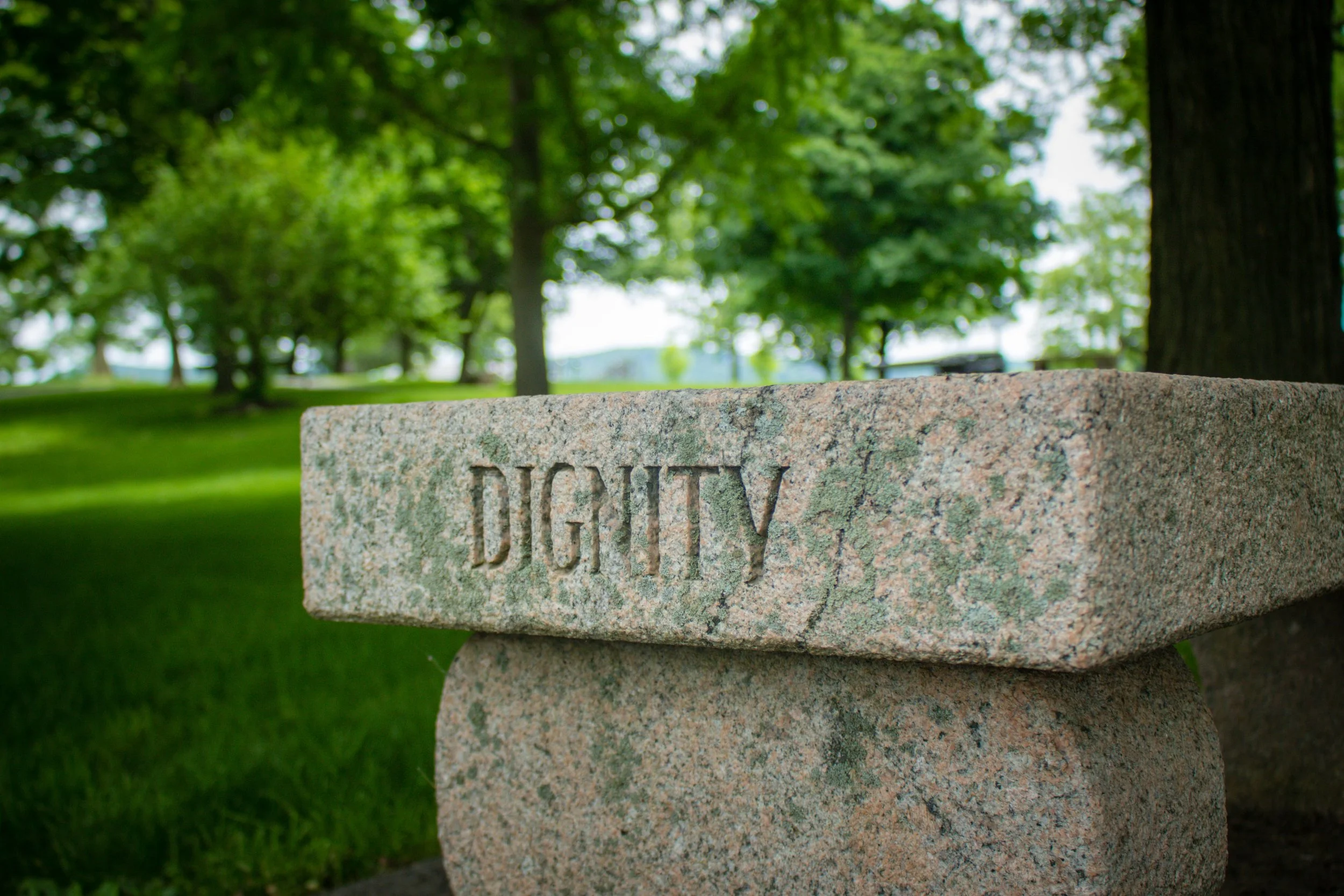Family involvement plays a critical role in the well-being and quality of life of residents in Adult Family Homes (AFHs). When families actively participate in care planning, decision-making, and ongoing support, residents benefit from enhanced emotional support, improved care coordination, and a greater sense of security.
Our goal is to help make your job a little bit easier by providing the exact assistance you need.




















